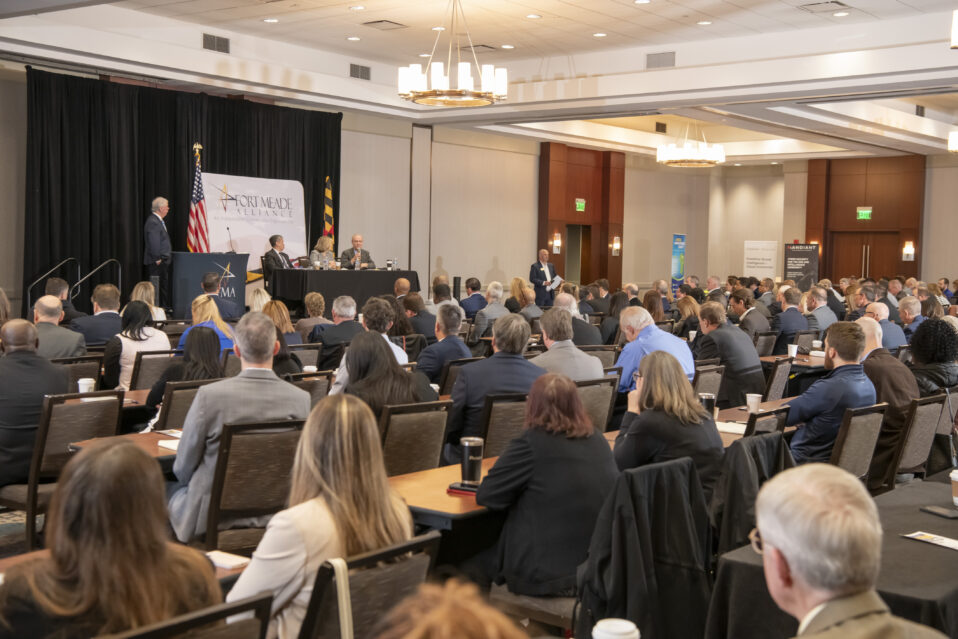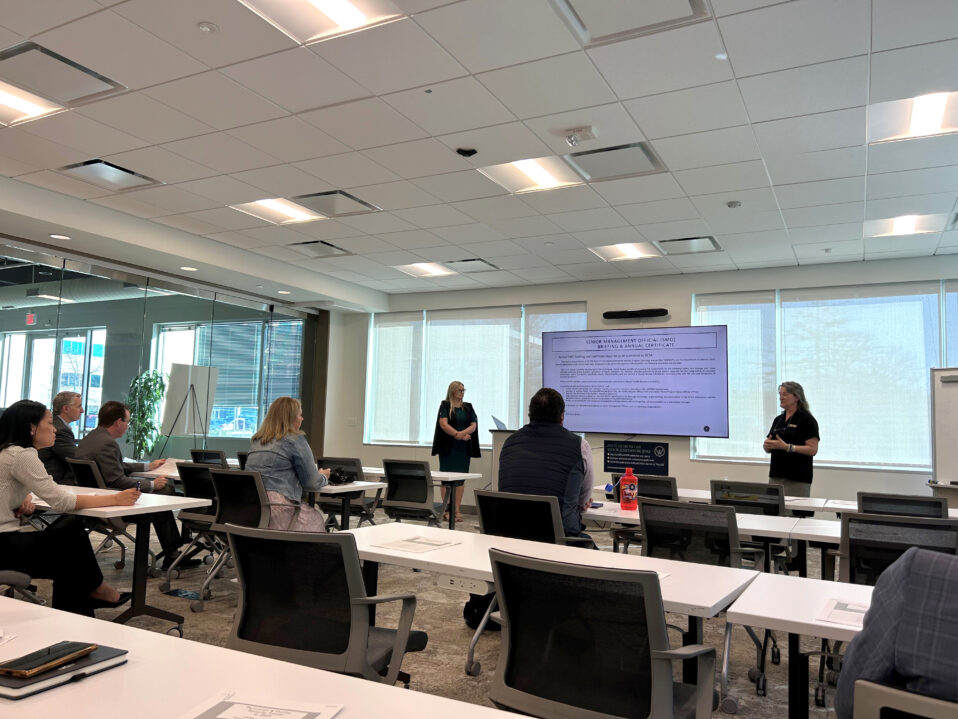Maryland’s economy is poised to experience dramatic growth once the pandemic is under control. That rebound will present big opportunities – and deep needs – to address the economic weak points and position the state for long-term success. That was the outlook voiced by Maryland Comptroller Peter Franchot during an FMA webinar in April.
“Maryland is poised to take off like a rocket, along with the rest of the country, should we be able to corral the virus, which I suspect is not going to happen until September or October,” Franchot said.
But “essentially we have strong economic bones,” he said, and those include tax revenues that are near pre-pandemic levels and large, pent-up consumer demand that is expected to trigger heightened spending on travel, entertainment, restaurants and other items once coronavirus levels subside.
In addition, the state is receiving “an ocean of money” from the federal government, Franchot said. Measures passed by Congress over the past year have authorized $50 billion for Maryland. That almost equals the state’s annual budget.
Maryland’s economic state and prospects, however, are not all rosy. 2020 was a “nightmare of a year” for small business and resulted in nearly 30,000 Maryland small businesses closing permanently, he said. While the state’s top two-thirds of income earners have weathered the pandemic and recession well, the bottom one-third is still suffering through conditions akin to a “1930s depression,” Franchot added.
During the webinar, Franchot and FMA members discussed opportunities and challenges to generating a strong recovery throughout all sectors of Maryland’s economy.
Fort Meade Garrison Commander Col. Christopher Nyland stressed that “one of the challenges that the 67,000 employees on Fort Meade share with the local community is childcare.” Although the fort runs six childcare centers onsite, employees still rely on outside facilities for more than 50 percent of their childcare needs. Nyland asked what could be done to support that industry, which operates on low margins and was severely impacted by the pandemic.
Stressing that the childcare industry needs to become solid “infrastructure” for working Americans, Franchot suggested that FMA develop a pilot program to support childcare services around the fort and apply for a state grant to fund the effort.
FMA’s Meade Business Connect Chair Bill Dunahoo sparked a discussion of how to help lower-income individuals and small business owners recover from the pandemic and recession. Noting that the state needs to attract more young people, support the middle class and retain retirees, Franchot suggested that Maryland consider a number of initiatives, including lowering taxes on retirement income, partial repayment of student loans for young people who relocate to Maryland and stay for several years, and new incentives to small business owners, including partial student loan repayments and state-supported mortgages on business properties.




